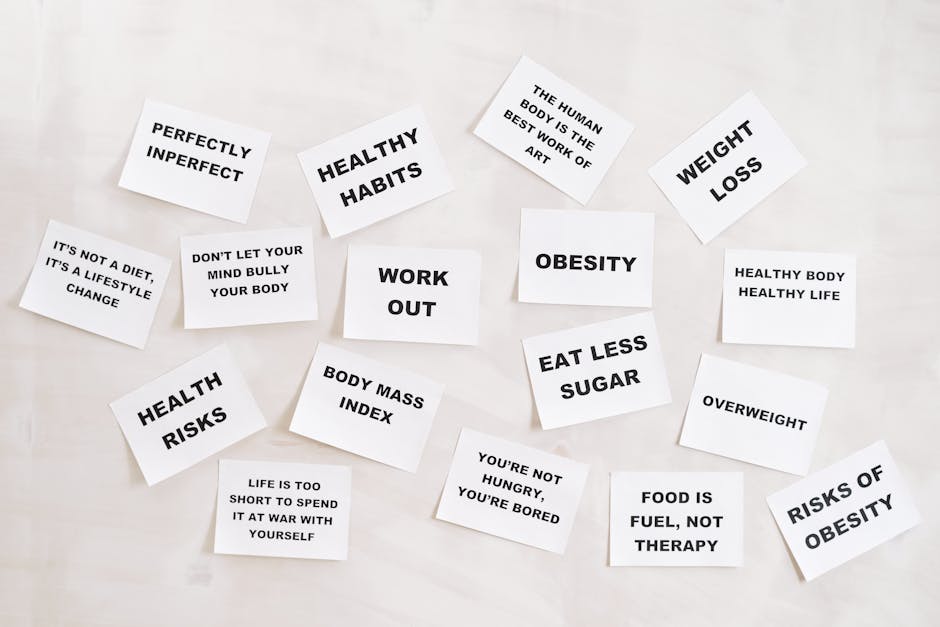Dieting often conjures images of restrictive meal plans and unsustainable practices. However, true dietary health isn't about short-term deprivation; it's about cultivating long-term habits that nourish your body and mind. Making gradual, manageable changes is key to building a sustainable and healthy relationship with food.
One of the most effective strategies is focusing on whole, unprocessed foods. Fill your plate with fruits, vegetables, lean proteins, and whole grains. These nutrient-rich foods provide sustained energy, essential vitamins, and fiber, which promotes digestive health and keeps you feeling full. Minimizing processed foods, sugary drinks, and excessive amounts of unhealthy fats is crucial for overall well-being.
Portion control is another important aspect of healthy eating. It's easy to overeat, especially when dining out or faced with large portions at home. Using smaller plates, being mindful of your hunger cues, and practicing the "plate method" – filling half your plate with vegetables, a quarter with lean protein, and a quarter with whole grains – can help you manage portions effectively.
Staying hydrated is often overlooked but is vital for optimal health. Water plays a crucial role in numerous bodily functions, including digestion, nutrient absorption, and temperature regulation. Carry a reusable water bottle and aim to sip water throughout the day. You can also increase your fluid intake by consuming hydrating foods like fruits and vegetables.
Meal planning can be a game-changer when it comes to maintaining a healthy diet. Planning your meals ahead of time allows you to make healthier choices and avoid impulsive, unhealthy food decisions. Prepare a grocery list based on your meal plan, and set aside some time each week to cook or prep meals in advance.
Don't deprive yourself of your favorite foods. Restriction can lead to cravings and ultimately sabotage your efforts. Instead of completely eliminating foods you enjoy, allow yourself occasional treats in moderation. This approach helps create a more balanced and sustainable eating pattern.
Listen to your body's hunger and fullness cues. Eating when you're truly hungry and stopping when you're comfortably satisfied, rather than overly full, can help you regulate your food intake and prevent overeating. Pay attention to your body's signals and honor them.
Finally, remember that consistency is key. Building healthy eating habits takes time and effort. Don't get discouraged by occasional slip-ups. Focus on making progress, not perfection, and celebrate your successes along the way. Embrace the journey towards a healthier lifestyle and enjoy the benefits of nourishing your body with wholesome foods.

